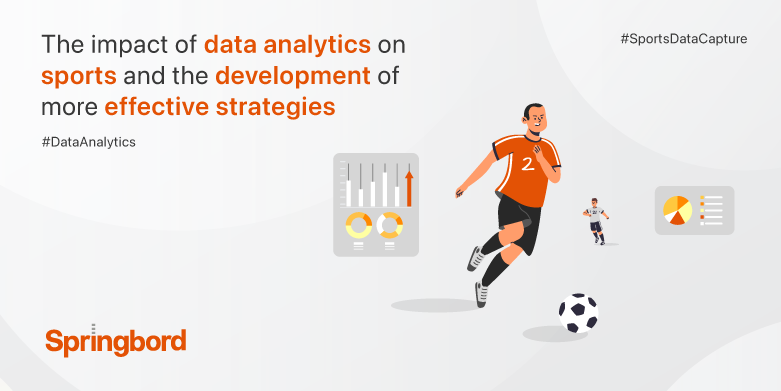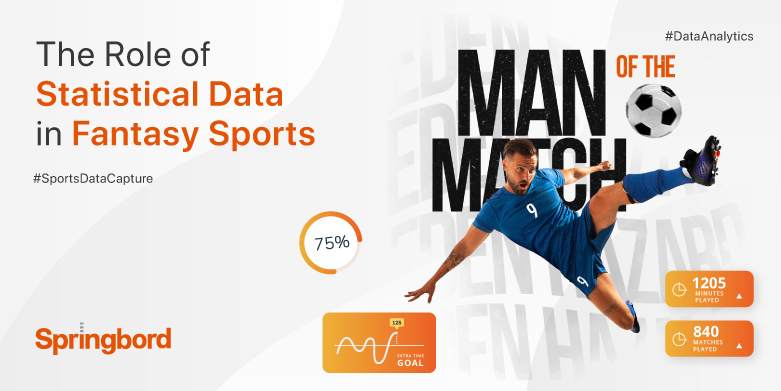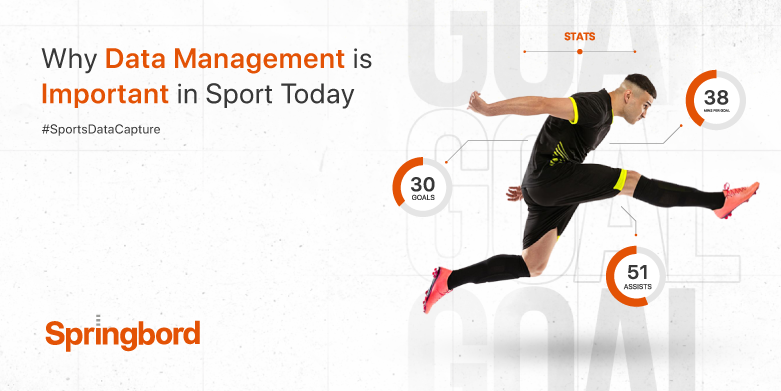Sports data has become an integral part of modern-day sports. It helps sports teams and organizations make informed decisions, improve their performance, and provide better experiences to fans. With the rise of technology, sports data is becoming more accessible, making it easier for sports organizations to collect, analyze, and interpret the data. In this article,
Data analysis in sports has progressed well beyond traditional sabermetrics and in-game metrics. Several sporting groups benefit from it in various ways. Here are some of the ways that analytics have been (and will continue to be) recognized globally in the industry. 1. Enabling Victory for Teams Currently, teams can utilize analytics tools to digitally
Big data is the most valuable asset in the industry, with applications ranging from traditional scorekeeping and historical records to algorithmic performance predicting and detailed player information. Data helps teams and organizations to monitor progress, forecast future outcomes, and make informed choices. Want to know the greatest football play to use on fourth down? Have
Let’s examine the effect that data has had on fantasy sports enthusiasts. Facts versus Intuition Successful fantasy sports fans base their roster selections on factors like players’ recent form, record against the opponent, record at the venue, etc. In contrast to an opinion based on facts, a “gut feeling” is an instinctive feeling, according to
Thanks to technological developments, we now have access to unprecedented data. There is a lot of vital information available for sports teams’ benefit. Many people think of the film “Moneyball” when they consider sports analysis. However, the film provides a superficial look at the field. Sports analysis is used for a wide variety of purposes





